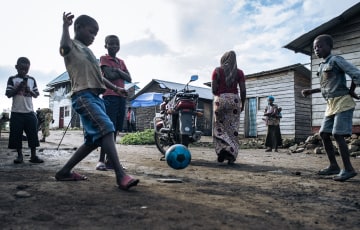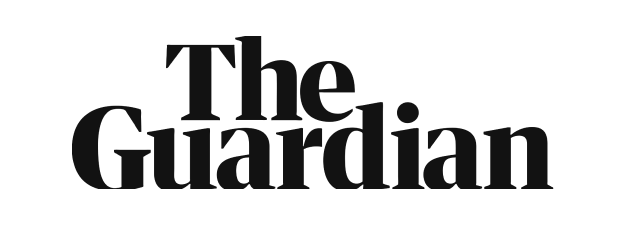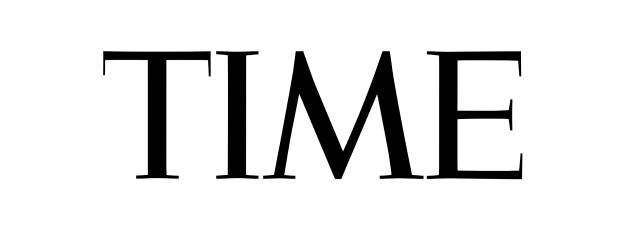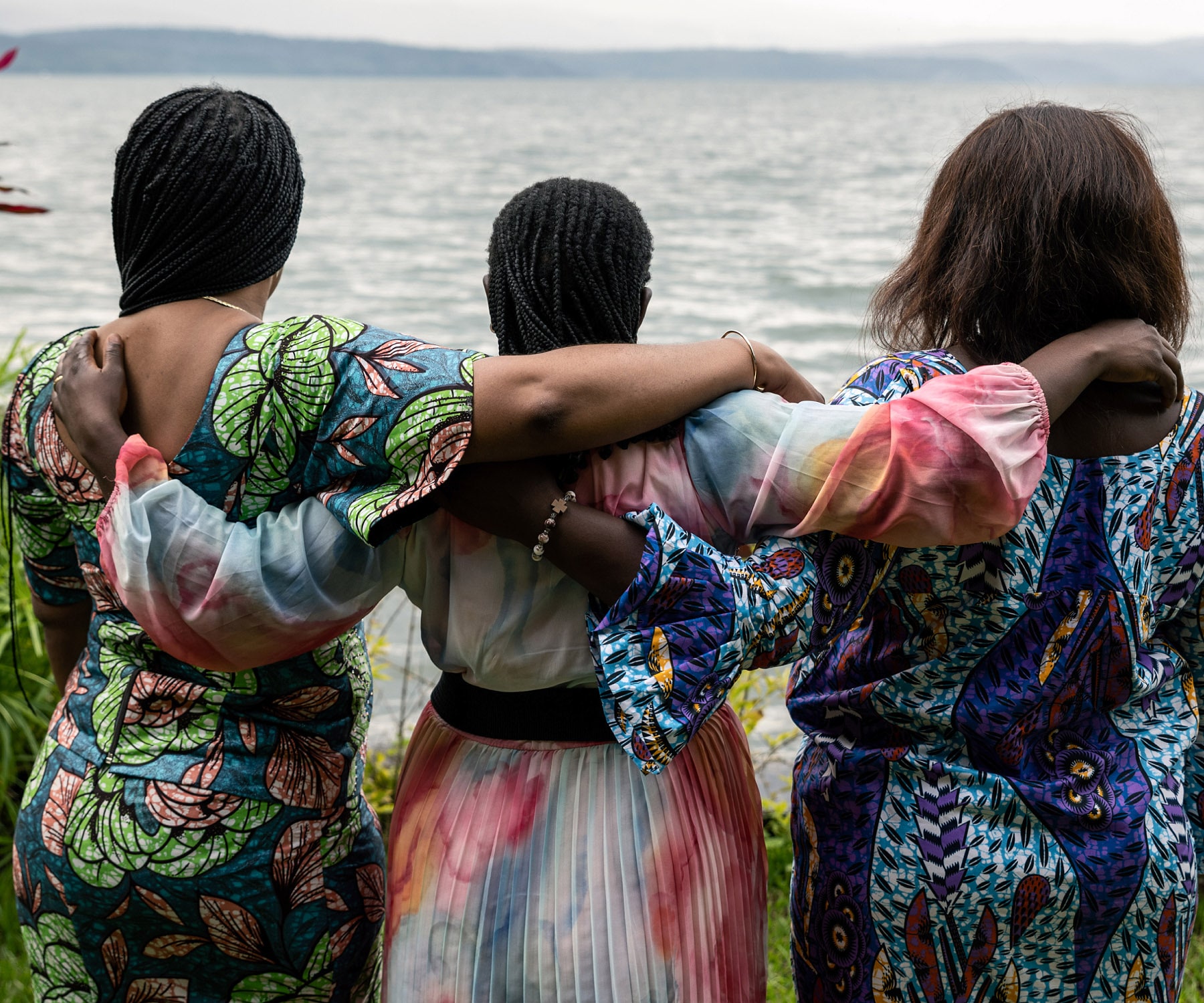
WHAT WE DO
The Panzi Model of Holistic Care
At Panzi, we believe that true healing requires more than just medical treatment. Our globally recognized Panzi Model—a four-pillar holistic care approach consisting of medical, psychosocial, legal, and socio-economic support—ensures that every survivor receives comprehensive care tailored to their unique needs.
Evidence and experience have shown that survivors who access more than one pillar of care have a greater likelihood of healing and long-term recovery, with those receiving all four pillars experiencing the highest success rates.
At Panzi, our model is more than just services—it represents a commitment to dignity, justice, and hope for every survivor. With continued investment in these proven strategies, we can ensure that survivors are not only treated but also empowered to rebuild their lives and thrive.
Medical Treatment
We offer comprehensive medical services to address the physical healing and long-term rehabilitation needs of survivors. The following services are available to all survivors who seek care with us:
- Surgical Interventions: Life-saving surgeries, including fistula repair.
- Treatment for STIs: Diagnosis and care for sexually transmitted infections.
- Injury Care: Medical attention for non-gynecological injuries.
- Maternal and Child Healthcare: Services such as safe deliveries and cesarean sections.
- Post-Exposure Prophylaxis (PEP): Provision of PEP kits to prevent HIV, other STIs, and unwanted pregnancies when survivors arrive within 72 hours.
- Basic Needs Support: In order to ensure that each individual can access the care they need, we provide assistance with childcare, accommodation, and food throughout the holistic care process.
Psychosocial Support
We offer services to promote mental and emotional health, providing survivors the freedom to choose the psychological and social support that best meets their needs. These include:
- Psychotherapy: Individual and group counseling, including cognitive behavioral therapy.
- Group Therapy: We offer a range of therapeutic group activities including dance and music therapy.
- Recreational and Resilience Activities: Opportunities for recreational outings and resilience-building training.
- Follow-up care: Psychosocial follow-up in survivors’ homes.
- Community Awareness: Activities to raise awareness about mental health and the psychological effects of sexual and gender-based violence (SGBV).
- Basic Needs Support: In order to ensure that each individual can access the care they need, we provide assistance with childcare, accommodation, and food throughout the holistic care process.
Socioeconomic Reintegration
We offer tailored services to empower survivors to rebuild their livelihoods and achieve independence. Survivors can choose from services such as:
- Literacy and Life Skills Training: Programs in literacy, numeracy, and essential life skills.
- Vocational Training: Skills development in areas such as small commerce, agriculture, tailoring, and computer literacy.
- Savings and Loan Programs: Opportunities to participate in village savings and loan associations.
- Sustainable Economic Activities: Support for agropastoral initiatives and other income-generating projects.
- Agricultural Activities and Livestock: Training and resources for farming and livestock management.
- Basic Needs Support: In order to ensure that each individual can access the care they need, we provide assistance with childcare, accommodation, and food throughout the holistic care process.
Legal ServiceS
We offer survivors access to legal services to ensure justice and accountability, allowing them to choose how to pursue their cases. These services include:
- Legal Assistance: Free legal and judicial support for survivors of SGBV.
- Mediation and Conciliation: Support for resolving conflicts in cases of SGBV that are not punishable by law.
- Civil Registration Support: Assistance with registering children, including securing birth certificates and citizenship.
- Rights Awareness: Educational efforts to help communities understand their rights and available protections.
Advocacy
The advocacy pillar focuses on fostering community behavior change, raising awareness, and promoting systemic reform to prevent gender-based violence and uphold human rights. Key activities include:
- Community Awareness-Raising: Educating communities about human rights, the prevention of gender-based violence, and the importance of gender equity.
- Policy Advocacy: Engaging with policymakers to strengthen laws and enforcement against SGBV.
- Public Awareness Campaigns: Highlighting the prevalence and impact of SGBV on national and global platforms.
- Survivor Leadership: Empowering survivors to share their stories and advocate for change within their communities and beyond.
With each passing day, the desire to continue to live sparkled in Sarah’s eyes and it was she who encouraged the medical staff not to lose hope.
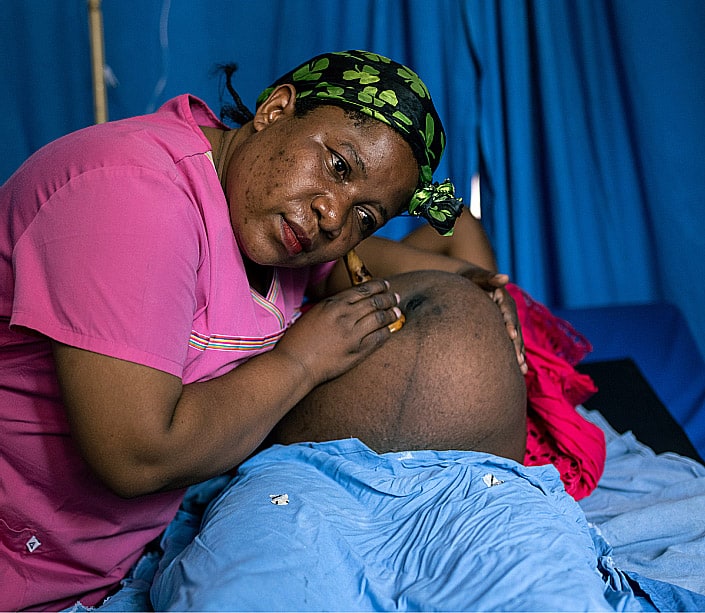
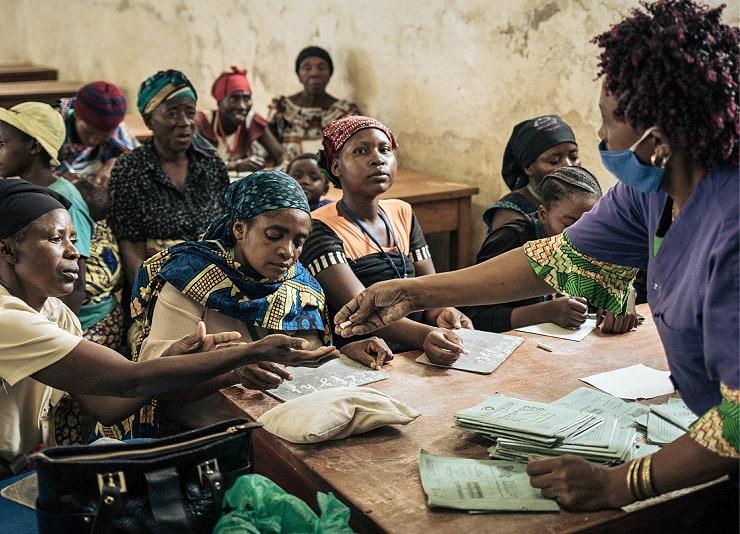
Through this comprehensive approach, Panzi is not just providing medical treatment but empowering survivors to heal, rebuild, and restore their dignity and independence.
The Panzi Model, implemented through Panzi Hospital and the Panzi Foundation, was developed by Dr. Mukwege in response to the overwhelming number of survivors of sexual violence during the Second Congo War.
Today, the Panzi Model is delivered at One Stop Centers across the DRC, where survivors can access all four pillars of holistic care in one location. We also operate mobile clinics and rapid response missions to reach survivors in rural and remote communities, ensuring that no one is left behind.
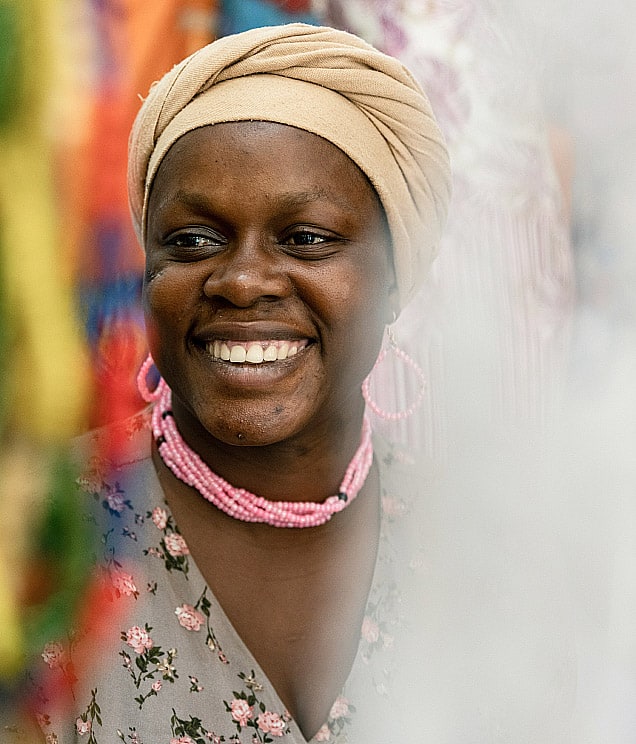
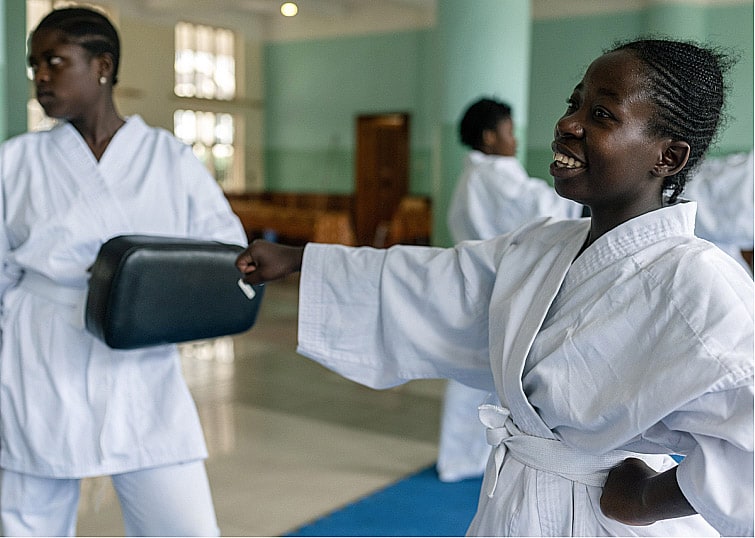
Research supports the effectiveness of holistic care models and one-stop centers in addressing the complex needs of survivors of sexual and gender-based violence (SGBV). These centers offer integrated services in a single location, streamlining access to critical resources, including medical treatment, counseling, legal assistance, and socio-economic empowerment programs.
Cent Asian J Glob Health, 2020
The power of partnership
In 2016, the Mukwege Foundation was established to bring Panzi’s world-renowned holistic model of care to conflict zones across the globe. Since its inception, the Foundation has expanded Panzi’s transformative impact to regions such as the Central African Republic, Ukraine, Guinea, and soon Burundi, addressing the urgent needs of survivors in these challenging contexts. Working in close partnership, the Panzi Foundation and the Mukwege Foundation advance Dr. Denis Mukwege’s vision of healing and justice. With Panzi’s expertise rooted in the lived experience and knowledge of Congolese professionals, this South-South cooperation ensures that solutions are not only survivor-centered but also culturally informed and adaptable.
Together, the two foundations bring hope and resilience to survivors, both in the Democratic Republic of Congo and in conflict-affected communities worldwide.
At the Panzi Foundation, we implement our
holistic care approach through various programs:
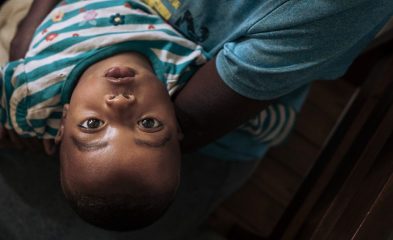
One stop centers
Our centers offer integrated services, giving access medical treatment, psychosocial support, legal assistance, and socioeconomic resources all in one location. This streamlined approach simplifies the healing process and ensures that survivors receive comprehensive care tailored to their needs.

Maison Dorcas
This after-care facility provides a supportive environment for survivors, where they can participate in therapeutic activities, vocational training, and community-building programs. Here, survivors find comfort, strength, and a sense of belonging as they work toward reintegration into their communities.
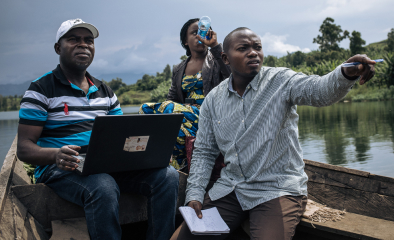
Mobile clinics
Our mobile clinics extend our reach to rural and remote communities, ensuring that survivors in underserved areas have access to holistic care. These clinics provide essential medical services and psychosocial support, helping to bridge the gap for those who might otherwise go without assistance.



